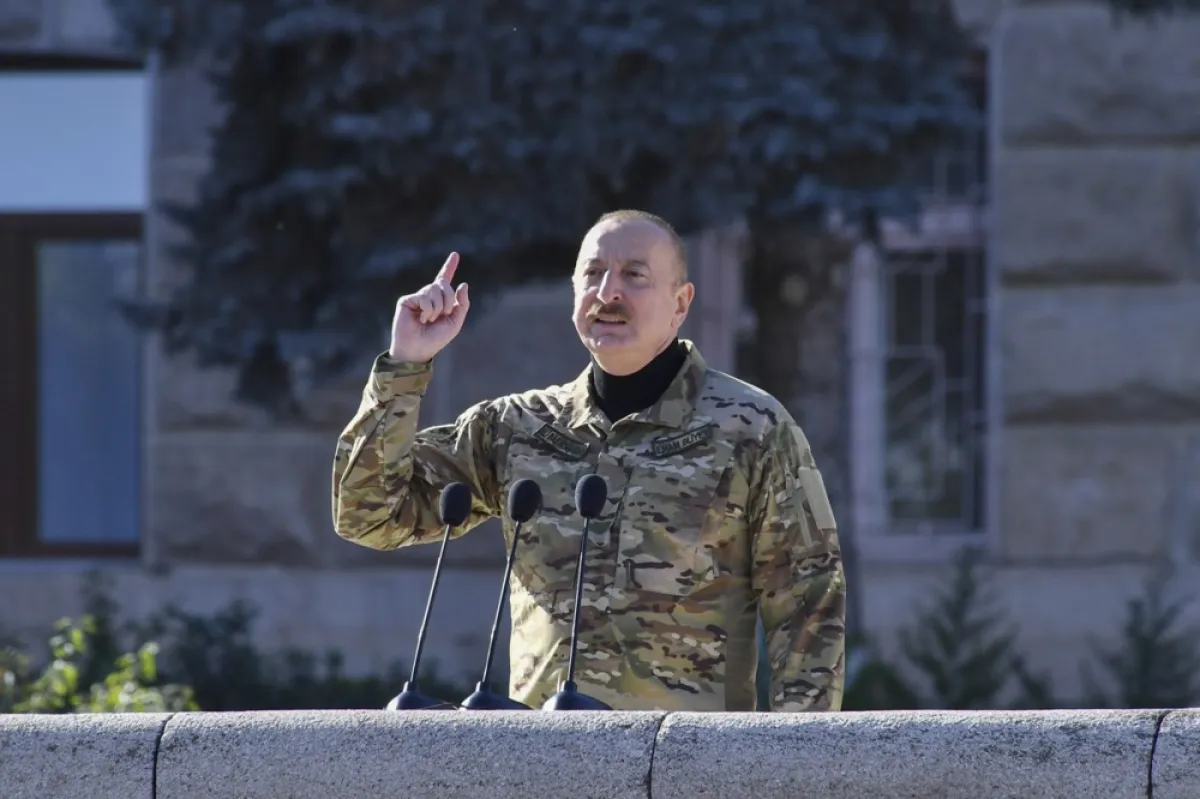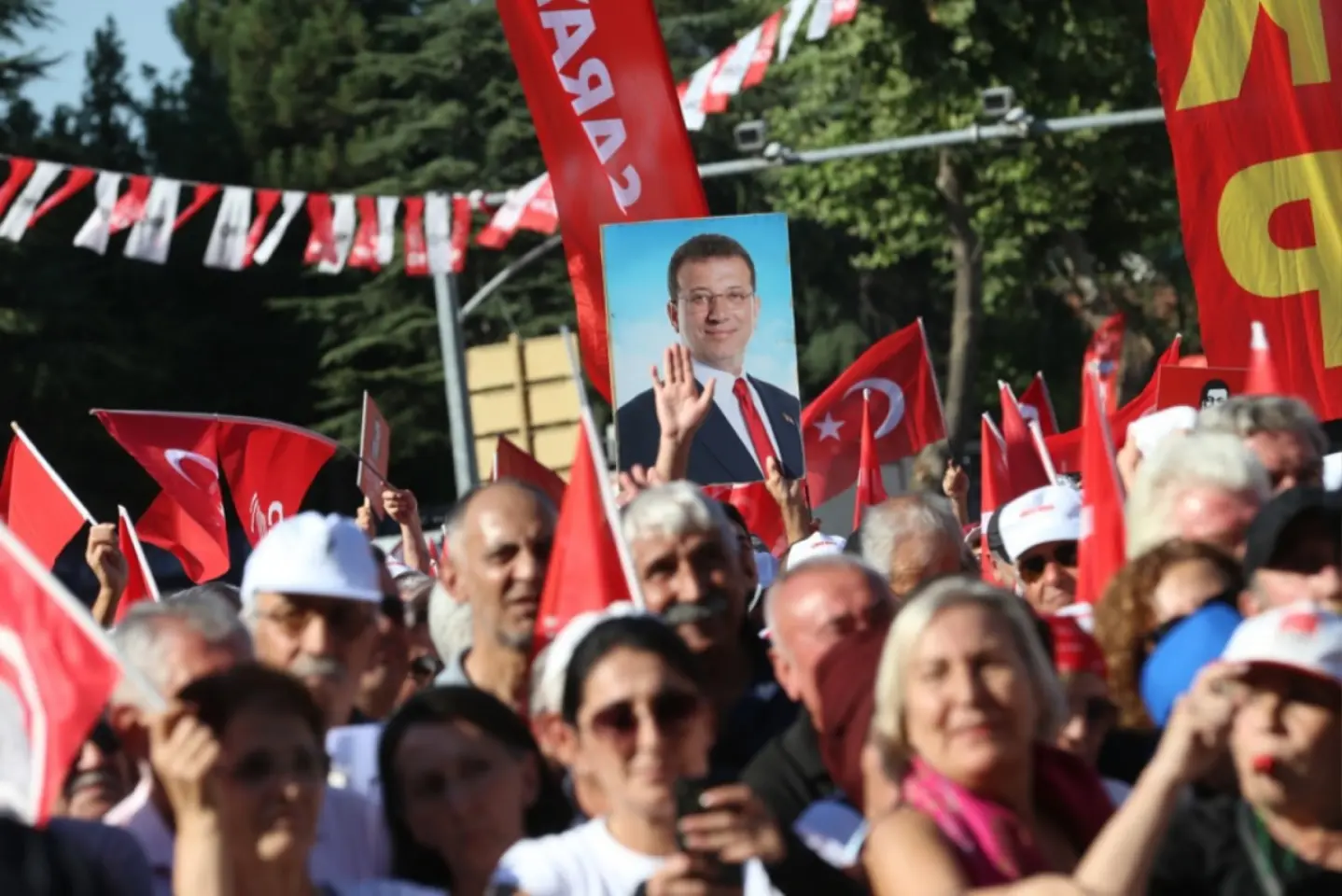
He is the Director of the Expertise Provision Department of the Romanian Diplomatic Institute and visiting professor at the Research Institute of the University of Bucharest (ICUB). Former lecturer at the Department of Political Science and International Relations at the Economic University of Izmir (2002-2020), and former officer in the Ministry of Defense (1991-2001). He has a PhD degree in international relations from Nottingham Trent University, specializing in minority politics, Turkish politics and European studies. He has published numerous articles and chapters of academic books on these topics, also having a rich activity in the Romanian written press, radio and television.

President Recep Tayyip Erdoğan's Islamist AKP party sustained a bitter defeat in the local election. Is Turkey heading for a “reset” and the end of the Erdoğan era?

Azerbaijan's authoritarian leader, Ilham Aliyev, was re-elected president after winning the Nagorno-Karabakh war and can turn his country into an energy and trade hub halfway between Asia and Europe.

Chris Farrands was my director of studies in the PhD programme at Nottingham Trent University, between 2006 and 2011. Our relationship meant many meetings in Nottingham, Izmir, Edinburgh or Bucharest. Chris is not only ”a great teacher”, but also a great friend. That is, until our conversations go into international politics, especially British and European Union politics. He knows so many details, deriving from such a vast personal experience (see the short bio at the end) that he overwhelms the audience. The interview with Chris, published by Veridica in two episodes, demonstrates all these aspects and it is, in my opinion, the richest and densest media text on Brexit published în Romania and, perhaps, beyond. The first part dealt with the economic consequences of Brexit for Britain and the second part explores the more delicate topic concerning Scotland, Northern Ireland and Wales in the context. (Dragoş C. Mateescu)

Even though Britain has officially left the European Union, Brexit is a process that has not yet ended, according to British expert Chris Farrands. He explained to Veridica the impact and challenges of this ongoing process.

The campaign of arrests and court cases targeting Turkey's main opposition parties underscores the country's slide toward authoritarianism, a trend that has become increasingly clear over the past decade.

The PKK is giving up armed struggle, but wants recognition of the Kurdish minority. If Erdoğan accepts, Turkey can save its democracy and resume rapprochement with the EU, and the change in policy would also have regional implications.

Recep Tayyip Erdoğan's efforts to consolidate his power at home, as well as his foreign policy, have led to both the erosion of his regime and the deterioration of Turkey's relations with its traditional partners.

The arrest of the Turkish opposition leader and a series of attacks against Kurdish militants suggest that, for the Erdoğan regime, maintaining power overrides external credibility.

Putin believed that by invading Ukraine and engaging in wars in the East, he was restoring Russia's great power status. The result was Moscow's long-term loss of influence.

The names floated for the incoming Trump administration suggest that the greater Middle East will remain a focus for Washington. An attention that Iran and Turkey do not like.